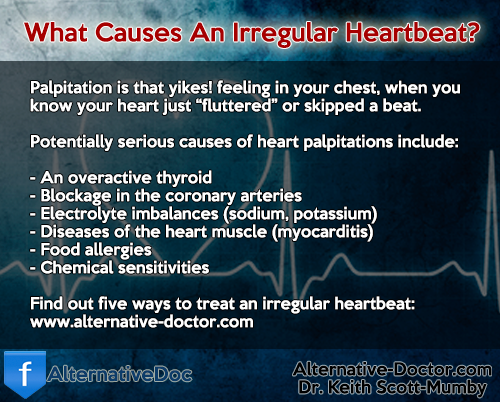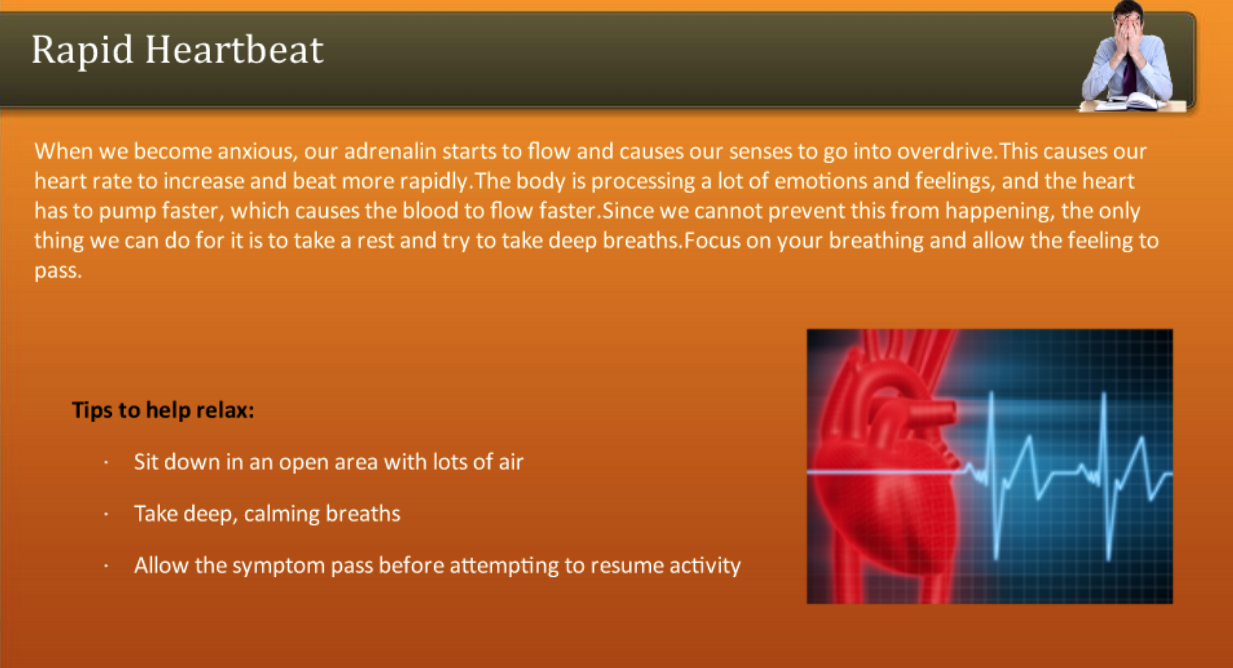

People with anxiety disorders have inappropriate ups and downs that can cause high blood pressure, heart rhythm disturbances, or heart attack. Anxiety disorders can change the body's stress response, the combination of hormonal and physiological reactions that helps all animals fight or flee from a real threat. There are several theories about how constant anxiety of this type may affect the cardiovascular system. The effect is more pronounced in people who already have a diagnosis of heart disease, and the risk rises with the intensity and frequency of anxiety symptoms. In particular, people who have generalized anxiety disorder (see "Symptoms of generalized anxiety disorder") seem to suffer higher rates of heart attack and other cardiac events.

There is mounting evidence for an independent anxiety–heart disease link as well.

The relationship between heart health and depression is well documented. For example, two people may have similar biology, but one of them is anxious, while the other is more depressed. Stress, anxiety, and depression can be viewed as one family of related problems. Long-term, unrelenting stress can be a precursor to both conditions. As many as two-thirds of people with anxiety disorders also suffer from depression at some point in their lives, and over half of people with depression also have an anxiety disorder. In fact, anxiety and depression are likely different expressions of a shared underlying biology. A toxic mixĪnxiety most often travels in the company of its henchmen-stress and depression. Emotional turmoil triggers the release of stress hormones, which act on the same brain areas that regulate cardiovascular functions such as heart rate and blood pressure. These classic anxiety symptoms are often mistaken for a heart attack-and for good reason. If your doctor thinks you may have one of these conditions, your doctor may give you an EKG, a chest X-ray, or an echocardiogram (echo test) to diagnose what’s wrong.Managing anxiety can improve your quality of life and take stress off your heart.Ī wave of dread overcomes you-your chest hurts, your heart flutters, and you can't catch your breath.

Not all cases of a racing heartbeat are dangerous. Fast heartbeats can last for seconds to hours. When your heart beats more than 100 times each minute, that’s considered high (called tachycardia in the medical world). Normal hearts beat 60-100 times every minute.


 0 kommentar(er)
0 kommentar(er)
